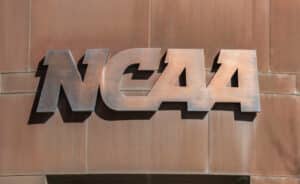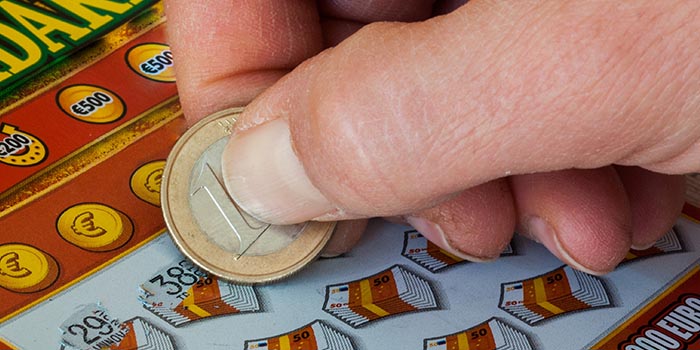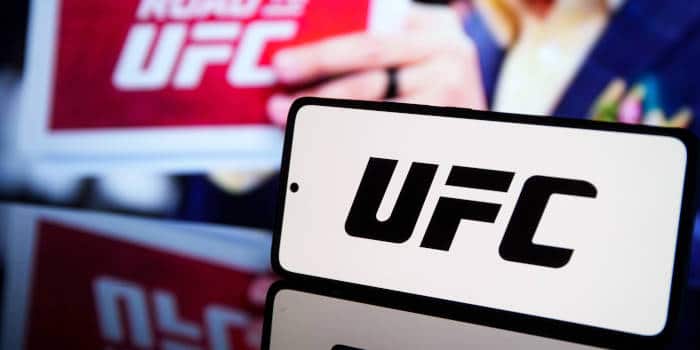- Casino
- By State
- Alabama
- Alaska
- Arizona
- Arkansas
- California
- Colorado
- Connecticut
- Delaware
- Georgia
- Florida
- Hawaii
- Idaho
- Illinois
- Indiana
- Iowa
- Kansas
- Kentucky
- Louisiana
- Maine
- Massachusetts
- Maryland
- Michigan
- Minnesota
- Mississippi
- Missouri
- Montana
- Nebraska
- Nevada
- New Hampshire
- New Jersey
- New Mexico
- New York
- North Carolina
- North Dakota
- Ohio
- Oklahoma
- Oregon
- Pennsylvania
- Rhode Island
- South Carolina
- South Dakota
- Tennessee
- Texas
- Utah
- Vermont
- Virginia
- Washington
- West Virginia
- Wisconsin
- Wyoming
- By State
- Slots
- Poker
- Sports
- Esports
Pennsylvania Overhauls Gambling Self-Exclusion Program
The gambling regulator in the state confirmed it delivered new tools and made the state's gambling self-exclusion program more user-friendly

The gambling regulator in Pennsylvania, the Pennsylvania Gaming Control Board (PGCB), confirmed Wednesday that it overhauled and improved the gambling self-exclusion program, introducing new tools for customers that would like to self-exclude from the activity in the state. Making gambling self-exclusion more “user-friendly,” enables individuals that want to enroll in self-exclusion by visiting https://responsibleplay.pa.gov to do so with ease.
To ensure identity verification, users are required to upload a photo of their ID, as well as a “selfie” picture. Then, participants in the gambling self-exclusion program must receive a “Lexis Nexis verification during the enrollment process,” explains the PGCB.
The improvement of the gambling self-exclusion platform sees the addition of three new self-exclusion programs. Such apply to online gambling activities, including sports betting, video gaming terminals, such as the ones available at truck stops, as well as online fantasy sports. The overhaul of the gambling self-exclusion platform enables users to be able to enroll in one, multiple or all self-exclusion programs, ensuring they stay away from different forms of gambling activities.
Additionally, users that have accessed the self-exclusion platform can now request to be removed from self-exclusion programs or extend the period for the self-enforced ban. Further functionalities enable the customers to view their self-exclusion status in real-time and access self-exclusion documents.
The gambling self-exclusion platform also enables the users to update their personal information such as changing their address or name. A major improvement of the platform grants users access to links related to information regarding gambling disorders. What’s more, users of the platform can also access a gambling helpline.
Gambling Licensees in the State Protect the Consumers
Besides the self-exclusion program, the PGCB’s Office of Compulsive and Problem Gambling (OCPG) also helps ensure that gambling is safer and fair. According to the regulator, the OCPG monitors and ensures that gambling operators, regardless if land-based or online, can have effective procedures that combat problem or at-risk gambling. At the same time, licensees are obliged to ensure no underage individuals have access to gambling activities nor permit anyone that is self-excluded to gamble.
Gambling operators in Pennsylvania must also adhere to responsible advertising policies and participate in different outreach programs. It is vital for land-based casinos and online operators to train their employees to spot problem or at-risk gambling. To help prevent users from excessive gambling, licensees offer self-exclusion options as well as responsible gambling tools such as deposit, spend or bet caps.
Pennsylvania’s self-exclusion program was initially launched in 2006 and enabled individuals to exclude themselves from land-based gambling activities. Then, in 2017, the state passed the Gaming Expansion Act, which expanded the self-exclusion platform.
Related Topics:
William Velichkov is a research-driven writer. His strengths lie in ensuring factual accuracy, vetting government documentation and reaching out to regulators and other officials. He is particularly fond of financial reporting, the sports betting industry, B2B partnerships and esports betting developments. William is a strong asset to the Gambling News team as he adds a bedrock to our reporting.
Must Read
Industry
July 8, 2025
Trump’s Gambling Tax Cap Draws Divided Opinions
More Articles





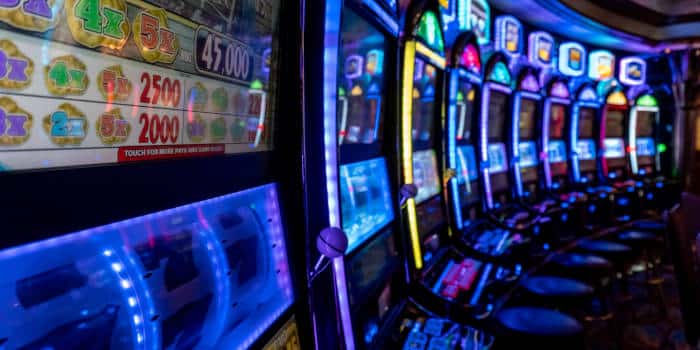
Casino
July 11, 2025
IGT Reveals Multiple Jackpots Throughout June
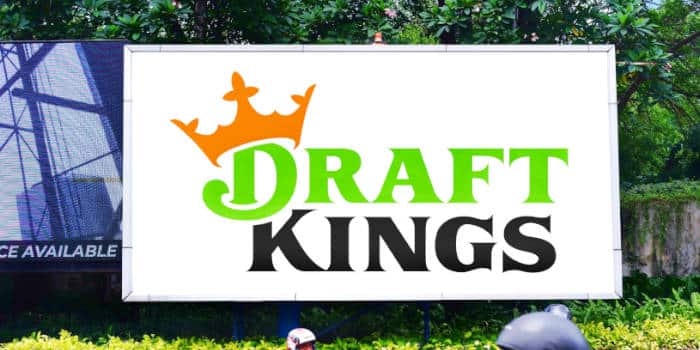
Sports
July 11, 2025
DraftKings to Give Back Over $3M to Connecticut Users
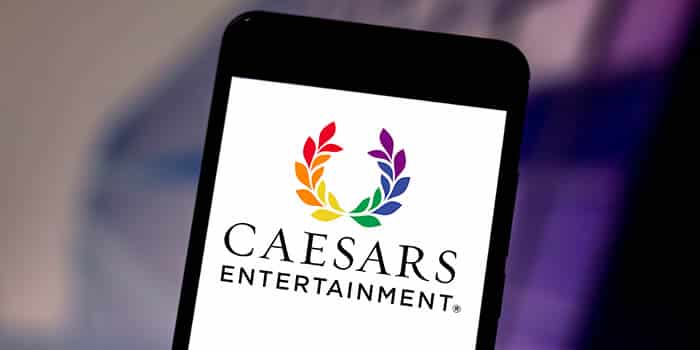
Casino
July 11, 2025
Caesars Introduces Digital Wallet in Nevada

Sports
July 10, 2025
NJ Bans Sportsbook Deals With Public Colleges

Casino
July 10, 2025
Mohegan Sun Guest Wins $2M Gambling in Spanish 21


